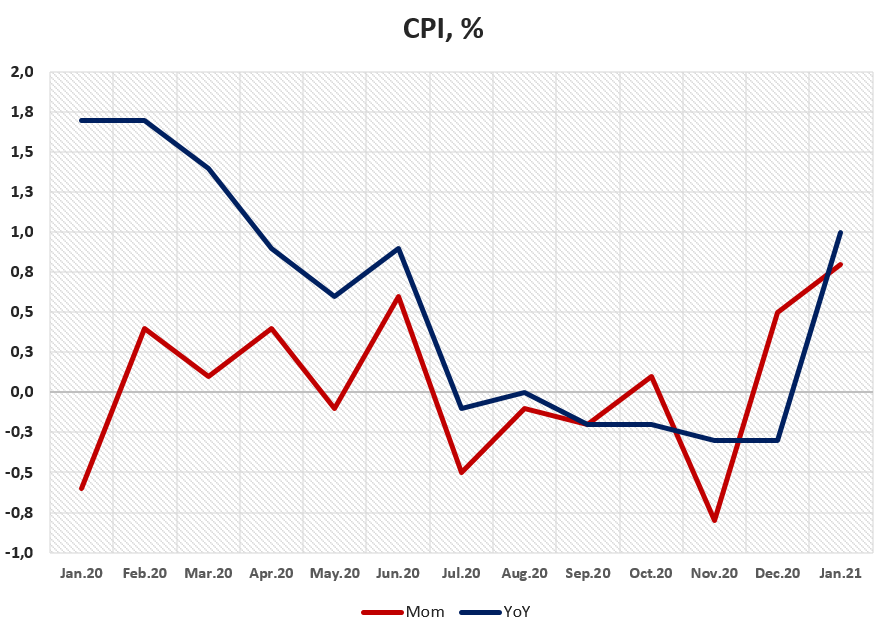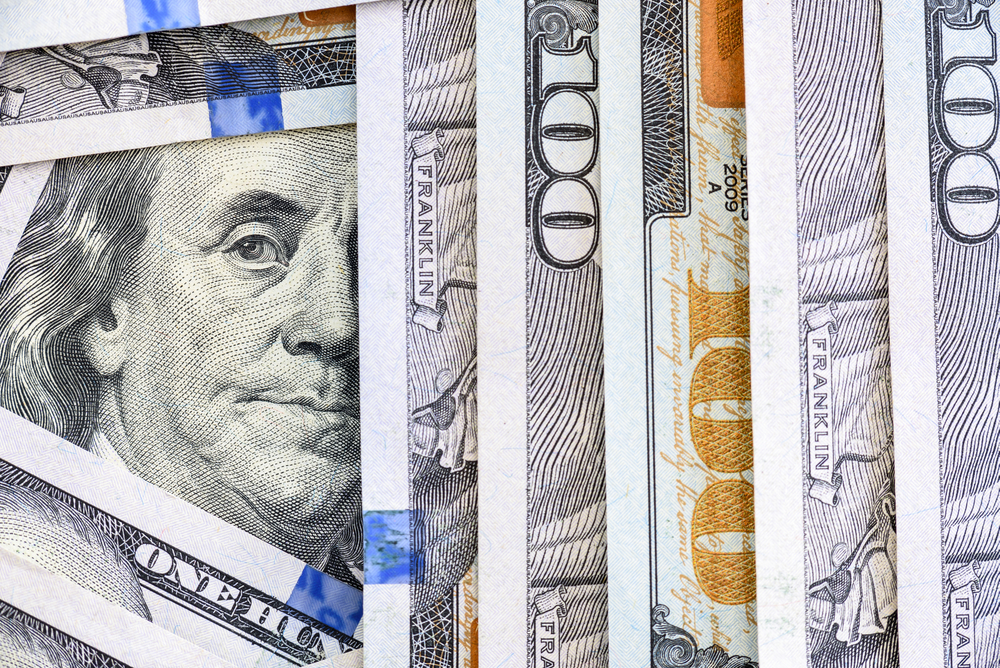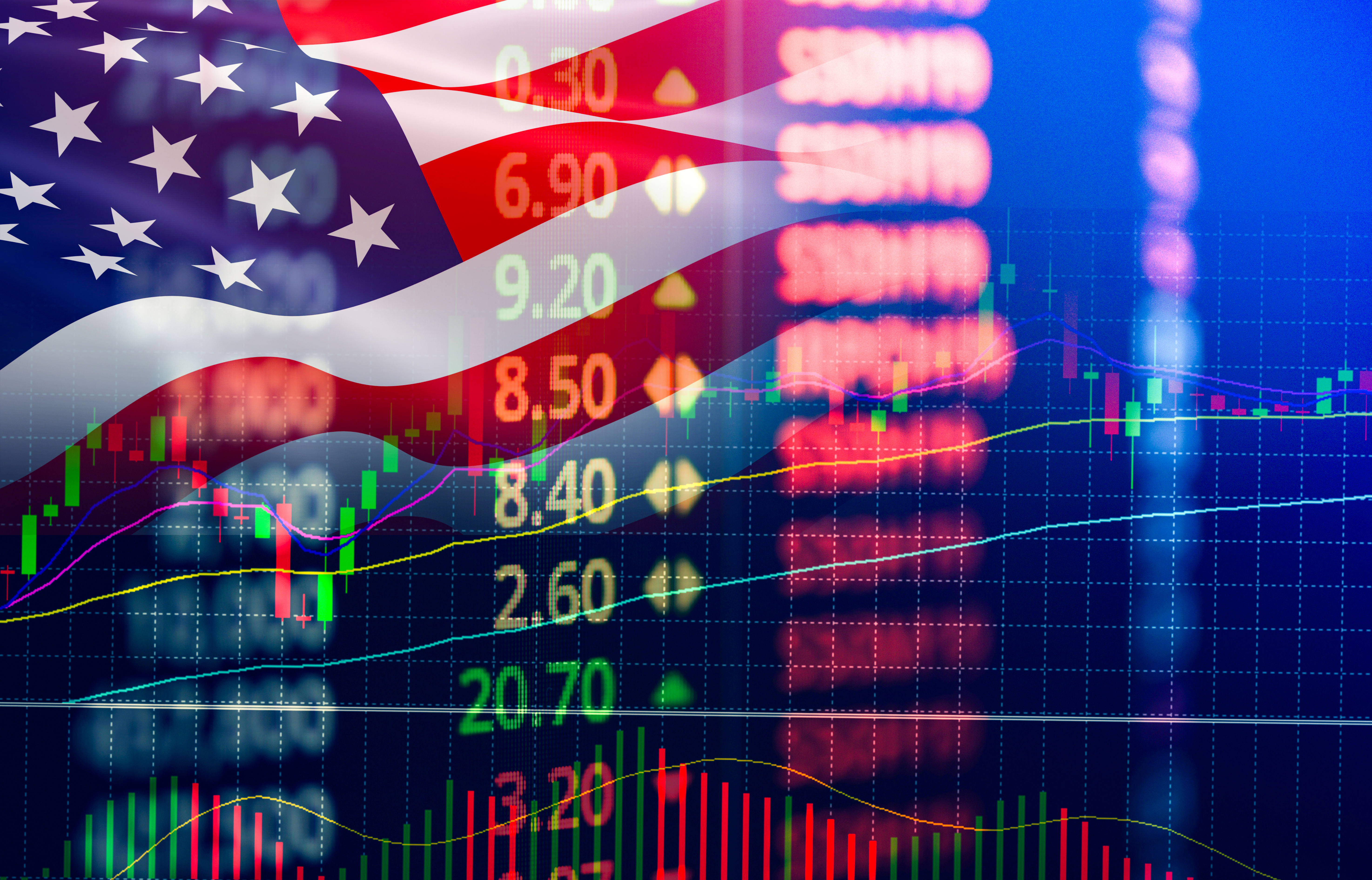Deflationary Cycle Ends in Germany
According to data published by the Destatis today, the Consumer Price Index in Germany, the Eurozone's largest economy, rose by 0.8 percent in January compared to the previous month, and registered as 1.0 percent year-over-year in line with market expectations.
During this period, the largest monthly increase was 3.6 percent in transport and 2.6 percent in the food and beverages, while culture and entertainment were the main group with the largest decrease by 5.7 percent. On an annual basis, miscellaneous goods and services group saw the biggest rise by 2.4 percent, and it was followed by the alcoholic beverages and tobacco group with 2.1 percent, while communication fell only by 1.5 percent.
Due to the measures implemented by the public authority to control the second wave of Covid-19 and the lowering in import prices due to the strong appreciation of the euro, downward pressure started to be effective on consumer prices as of September.
In addition to the decline in the culture and entertainment group in line with the measures targeting social life, the strong stance of the euro continues its pressure in the consumer price index, which completed the year 2020 at 0.5 percent on a monthly basis and at minus 0.3 percent on an annual basis. However, the rise in international crude oil prices to the highest level of 1 year caused an upward effect on the general level of prices through the transportation channel. In addition, consumer inflation, which falls within the monetary and financial authority's 2.0 percent target path, may also be supported by the durable goods group, with relative appetite for household consumption due to the vaccination campaign launched against coronavirus.





